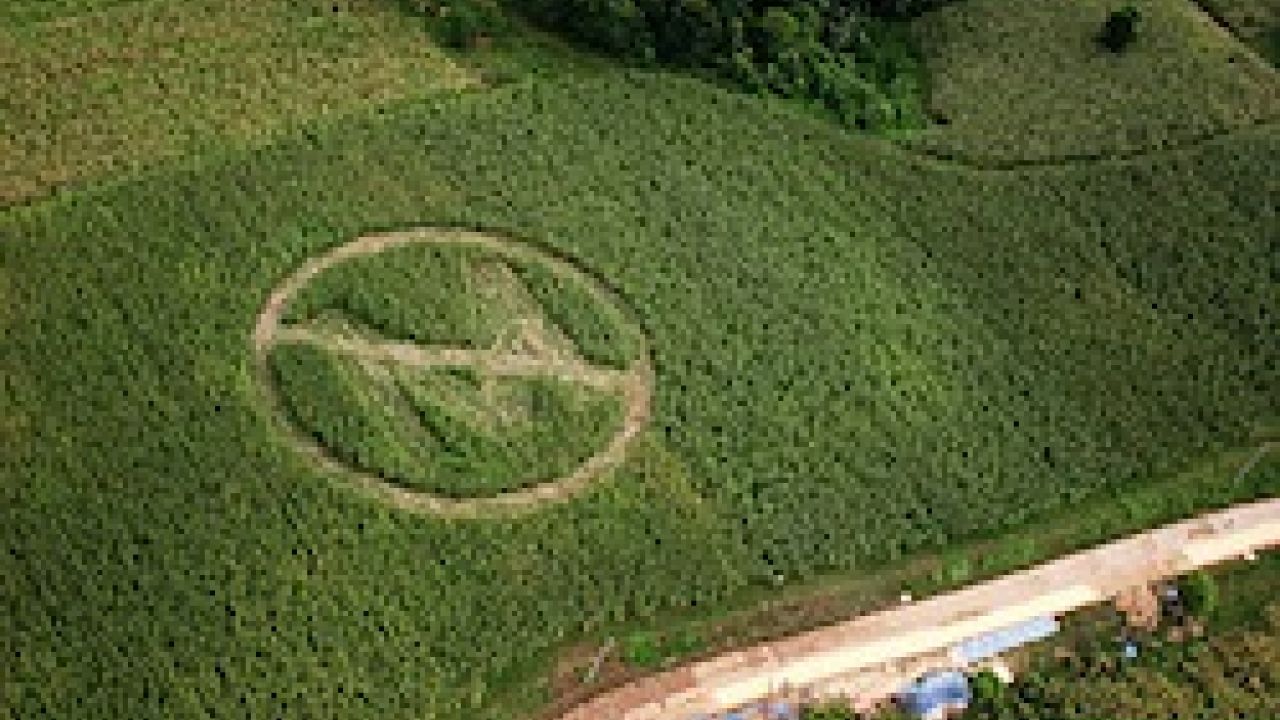
Clearly, the only criterion Forbes magazine uses when determining which U.S. corporation wins its yearly “Company of the Year” title must be profit. That’s the only way to explain how a company as notorious as Monsanto could possibly get the nod for 2009 from the mag, which proclaims itself “The Capitalist Tool.”
Too bad Bernie Madoff lost out.
The chemical behemoth, which is responsible for a laundry list of misdeeds that could land any of us behind bars, welcomed the award, of course.
Not only is this exciting for the 22,000 Monsanto employees worldwide, but it’s also exciting for everyone working in agriculture today.
Really? I don’t think “exciting” is the word those farmers whom Monsanto has targeted with lawsuits would choose, and I’m not sure the young children the company employed at its plants in India would pick it either.
Here are a few items about Forbes' top pick for '09 that we highlighted in an old Mulch post, before we put that old blog out to pasture:
’65-’72: Monsanto contractors illegally dumped tons of toxic chemicals in landfills throughout the United Kingdom. As a result, UK government researchers have found components of Agent Orange, dioxins and PCBs in groundwater testing.
’05: Monsanto paid a $1.5M fine for bribing a top official in the Indonesian government in an effort to sidestep environmental and safety assessments of the company’s genetically altered cotton.
A cottonseed subsidiary of Monsanto based in India stands accused of employing children. “Around 17,000 children work for Monsanto and their Indian subsidiary Mahyco. These children get no education, earn less than 40 Eurocents . . . a day and are exposed to poisonous pesticides like Endosulphan during their work.”
According to a report by The Center for Food Safety, "The agribusiness giant has sued hundreds of farmers over GMO crops, and has been awarded more than$20 million from these farmers." The Center issued a detailed report, noting that, "Under financial duress, many farmers who have been accused of patent infringement based on insubstantial evidence have decided to settle out of court rather than face an expensive and lengthy lawsuit."
And, of course we can’t leave out Anniston, Alabama, where local farmers were urged by Monsanto to use soil the company knew was contaminated with PCBs.



